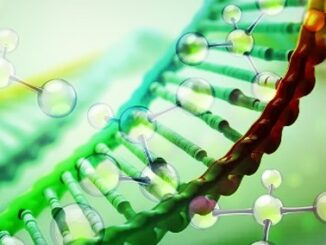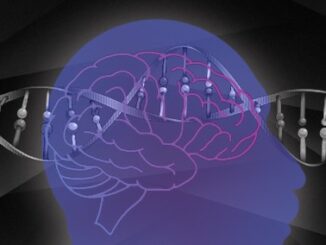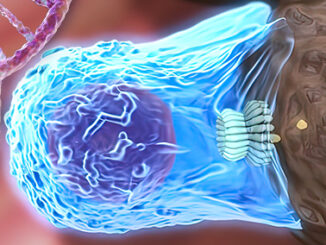Epigenetic Study Unveils Vital Role of Housekeeping Genetic Elements and Potential for Cancer Therapy
Advancements in technology have opened doors for scientists to delve deep into the complex world of genetic control elements, unveiling the intricate mechanisms governing gene activation within our genetic code. Contrary to the simplistic perception of cis-regulatory elements (CREs) as mere genetic on/off switches, emerging evidence underscores their capacity for nuanced behaviors. They’re not just toggles for gene enhancement; they orchestrate complex functions pivotal to sustaining cellular health. New research originating from Japan has uncovered about 11,000 significant genetic switches, [more…]











